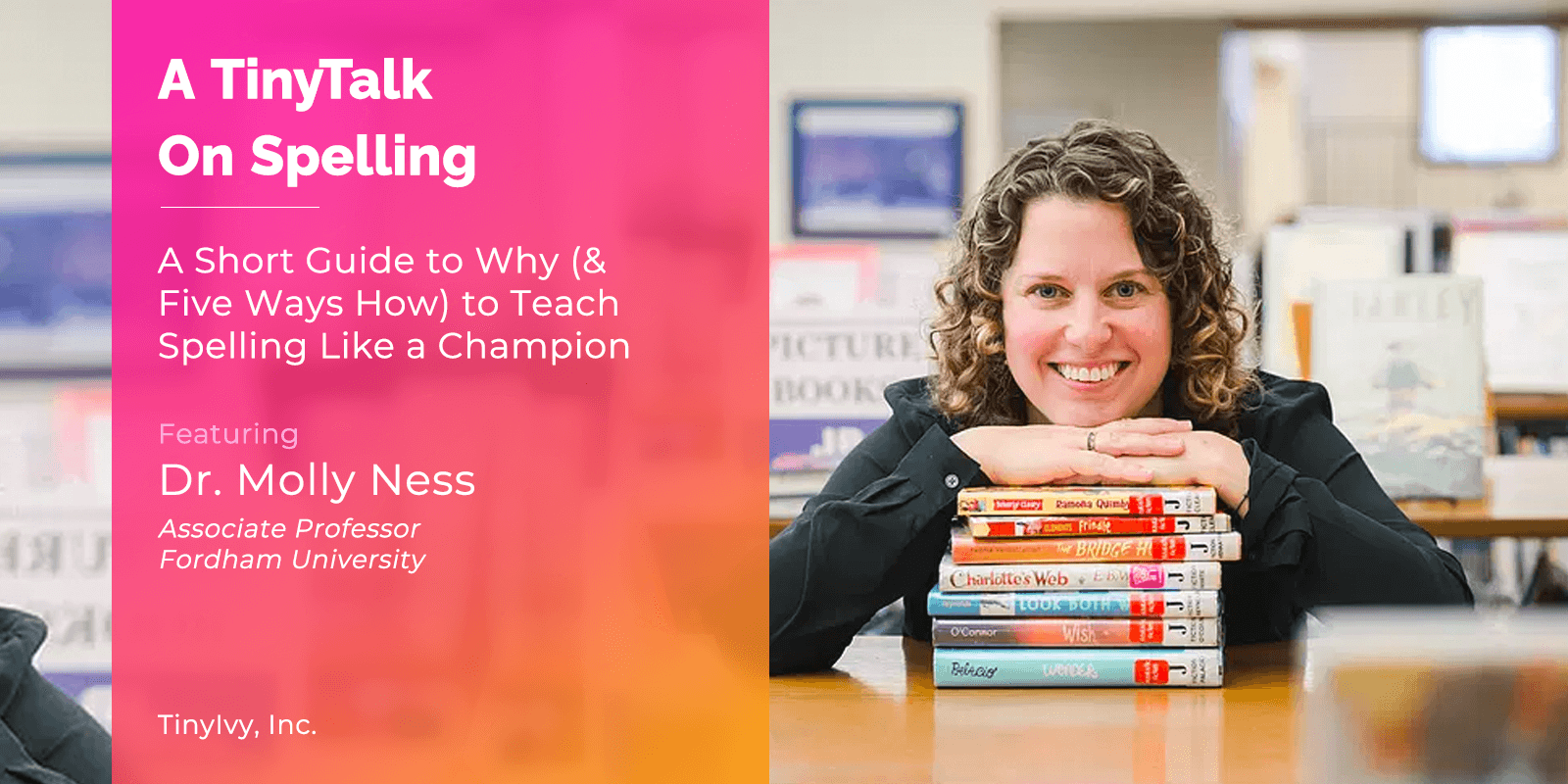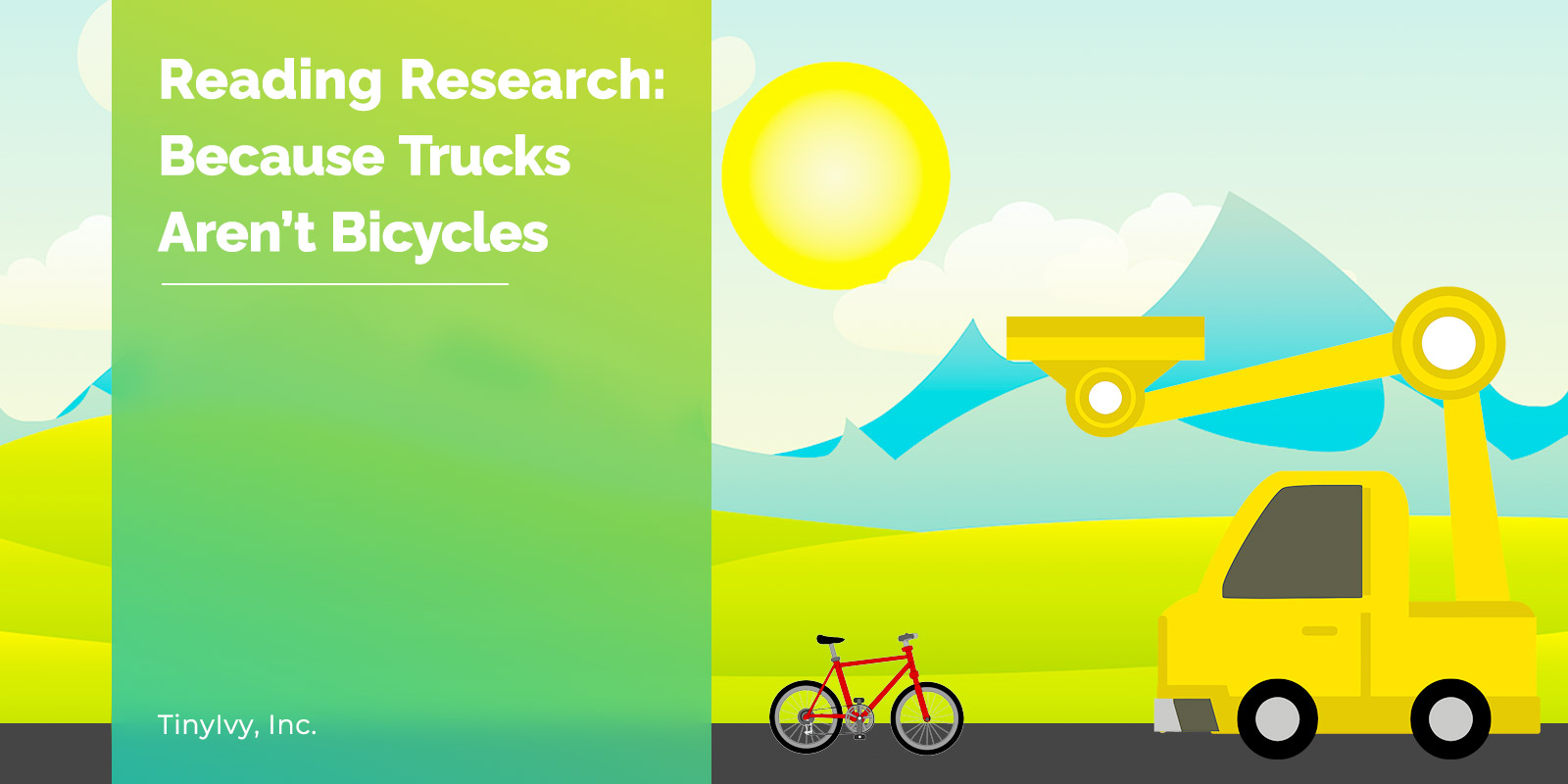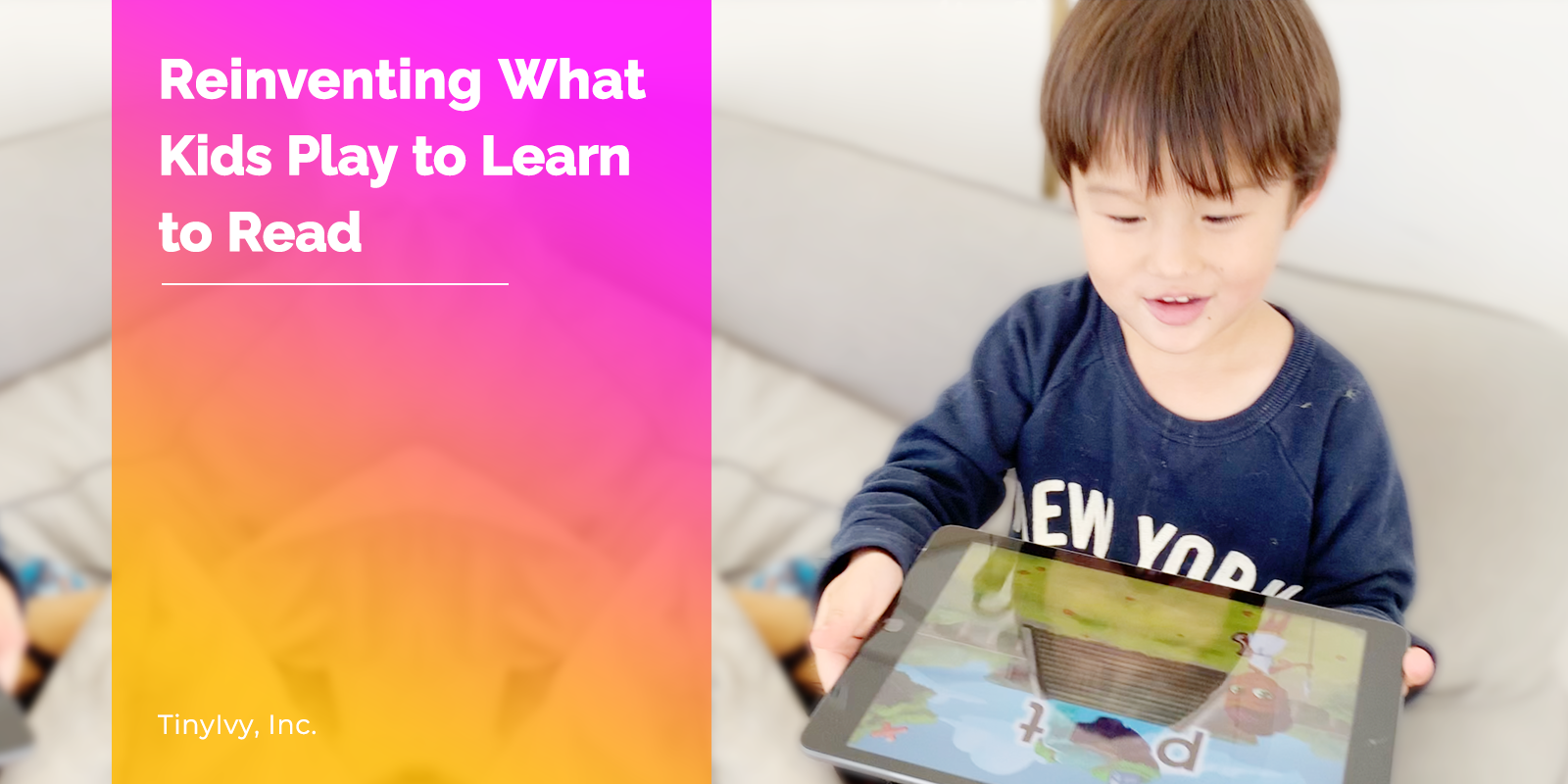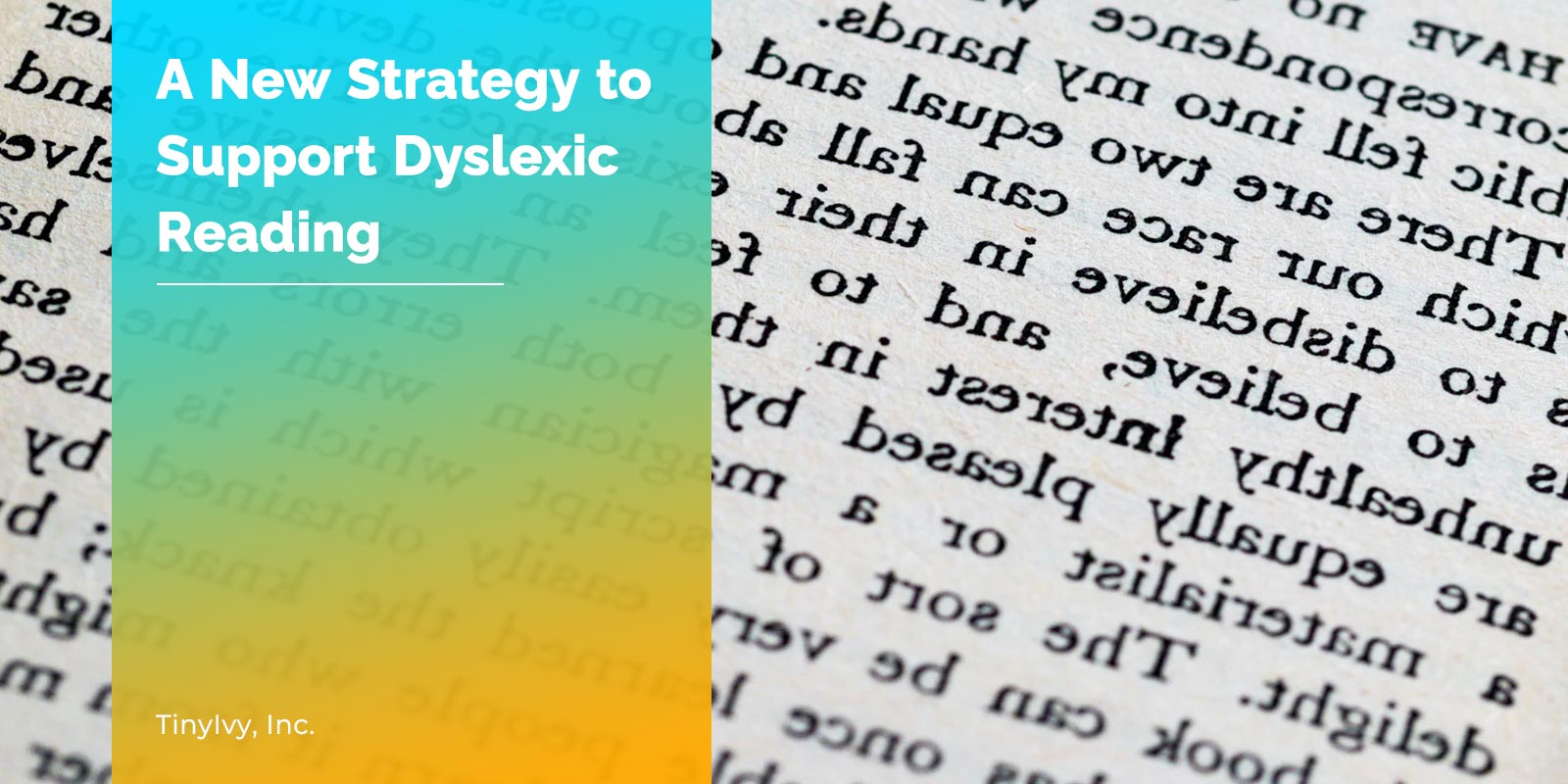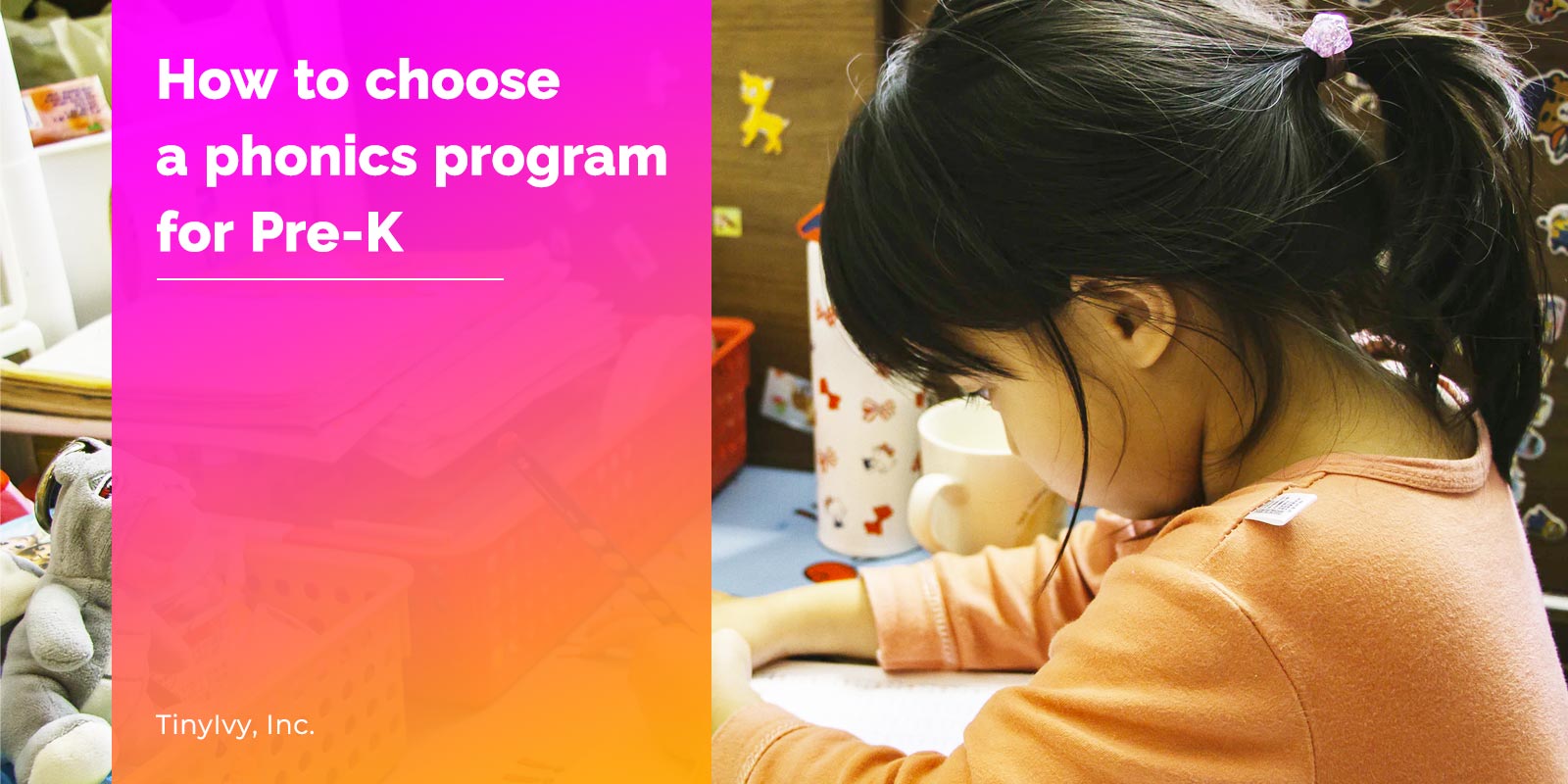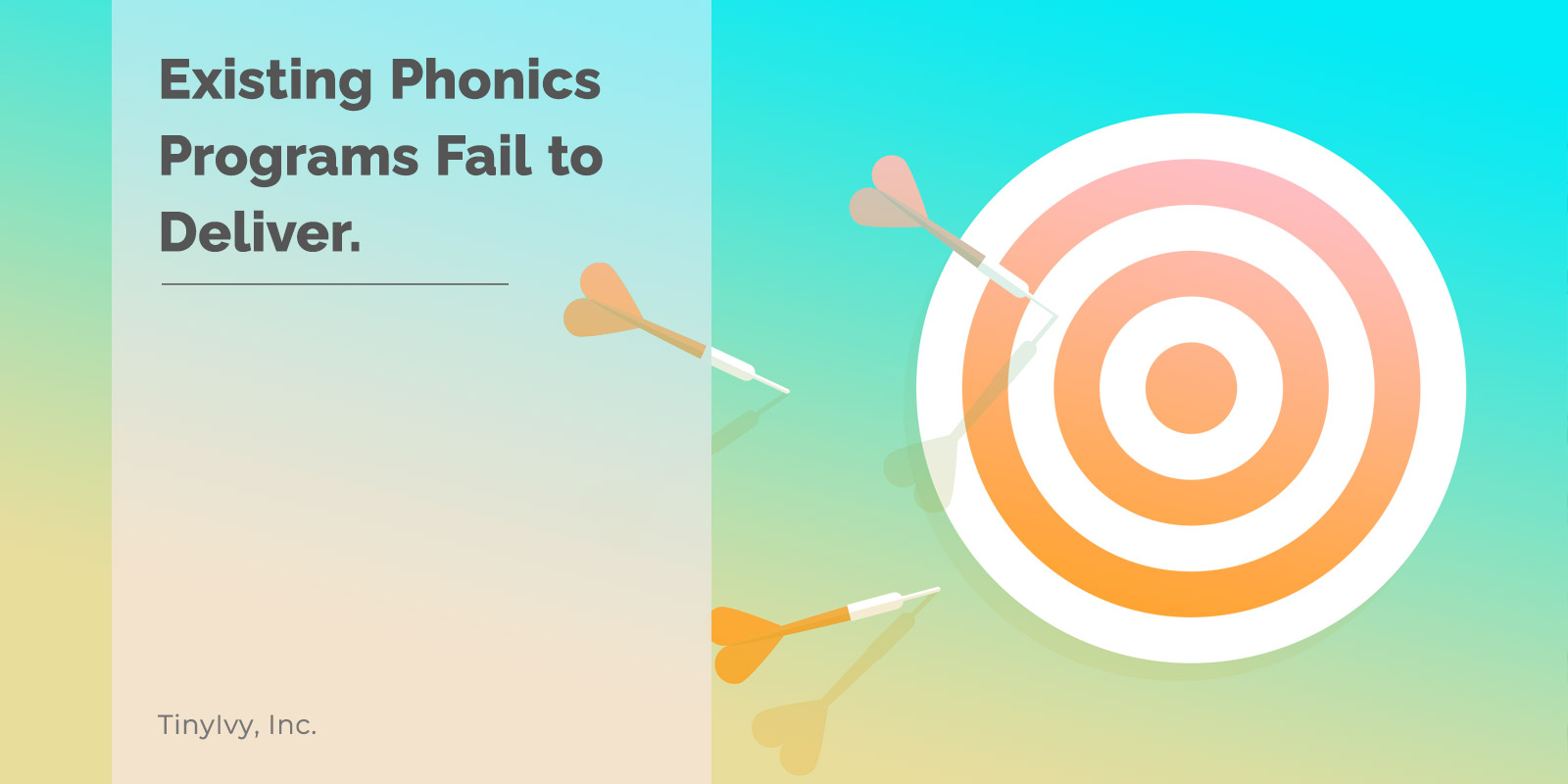English spelling is ridiculous and outrageous to most eight year olds. Or wait, is it outragous and ridiculeous? Humorous or Humoreous? Is the laughter contagious? Or contageous? Or contagous? And why? Why is spelling in English so tricky? And knowing how tricky it is, how best teach it?
Posts by Zach Silverzweig
A Short Guide to Why (& Five Ways How) to Teach Spelling Like a Champion
April 30, 2021 by Zach Silverzweig
English is Harder to Read than Other Languages
October 14, 2020 by Zach Silverzweig
Research Breakdown! Let's take a look at Galletly & Knights fantastic paper and learn how trucks are not bicycles, apples are not oranges, and that not all languages are the same either. This is the first Research Breakdown, taking the the science of reading and make it more accessible to everyone.
A New Reading App With A Unique Twist on the ABCs
October 7, 2020 by Zach Silverzweig
What if English was an easier language to learn? What if what was so easy that a simple game, played a few minutes a day, could teach your child everything they needed to know to end Kindergarten reading like a 3rd grader? What if that worked for everyone?
A Technology Backbone to Better Manage Curriculum
September 14, 2020 by Zach Silverzweig
There is a sense of urgency in every startup. Funding is scarce, time is short, and the team is small. There is a ton of work to do and constant questions as to the best path forward you can take to balance building a long-term foundation with gaining short-term success.
So when you come across a tool that solves an immediate problem, is affordable, and lays the foundation for a bright future, it's worth talking about. That's just how we felt when we came across Contentful.com, the Content Management System we use to organize and update our Curriculum.
Kicking Off New Research on the Science of Reading
September 3, 2020 by Zach Silverzweig
Great news from the Reading World headquarters: we are excited to announce the kick-off of our first major research project!
The research study will be supported by the excellent team at Johns Hopkins Center for Research and Reading Evaluation, to explore the impact of teaching children to read with TIPS™.
A New Strategy to Support Dyslexic Reading
August 31, 2020 by Zach Silverzweig
When a child has dyslexia, reading is painful. Slow. Halting.
It's a biological problem, rooted deeply in how the brain works to process what we see into what we say. It is also common.
Dyslexics are the largest single group of students in special education, by some estimates up to 17% of students. And sadly, for 70% of students, you don't outgrow it, despite all the interventions we try. Dyslexia, for most, is a lifelong, chronic disability.
Choosing a Phonics Program for Kindergarten
August 10, 2020 by Zach Silverzweig
Whatever your motivation, the goal is the same: your child needs to learn phonics to become an amazing reader.
Maybe they are three years old and just getting started with letters and sounds, or maybe they are six and you want to make sure they don't fall behind even though "learning" is now virtual for your school.
However, the best phonics program for kindergarten might not be what you think.
Best Practices for Pod After-School
August 3, 2020 by Zach Silverzweig
Pod After School is an alternative to expensive Pod School programs, which can be organized by small family groups at virtually no cost.
The benefits can be huge, read on to find out how to carry them out safely.
More than half of kids in the US will never achieve grade level proficiency in reading. That's more than 10 million kids!
In the past ten years, there has been new research that might explain why all these kids won't learn to read.
The root cause is the English language itself. But we can do something about it.
Existing Phonics Programs Fail to Deliver
December 16, 2019 by Zach Silverzweig
While advances in the science of reading continue, the literacy products used by schools and classrooms and teachers have failed to keep pace.
None of the programs reviewed in the recent EdReports review "meets expectations" overall, even within a single category.
Even clear and established guidelines like phonemic awareness and decoding are poorly addressed by existing solutions.
Fortunately, there is a better tool in the horizon.

